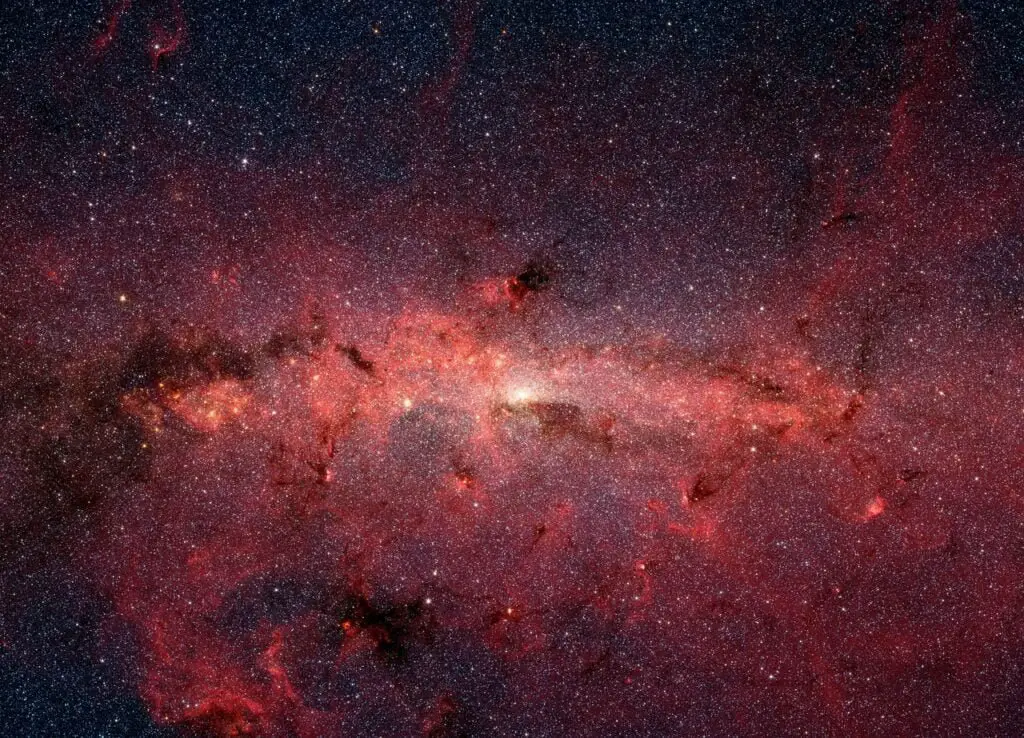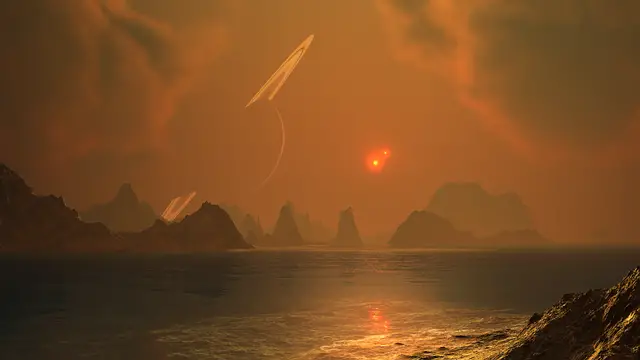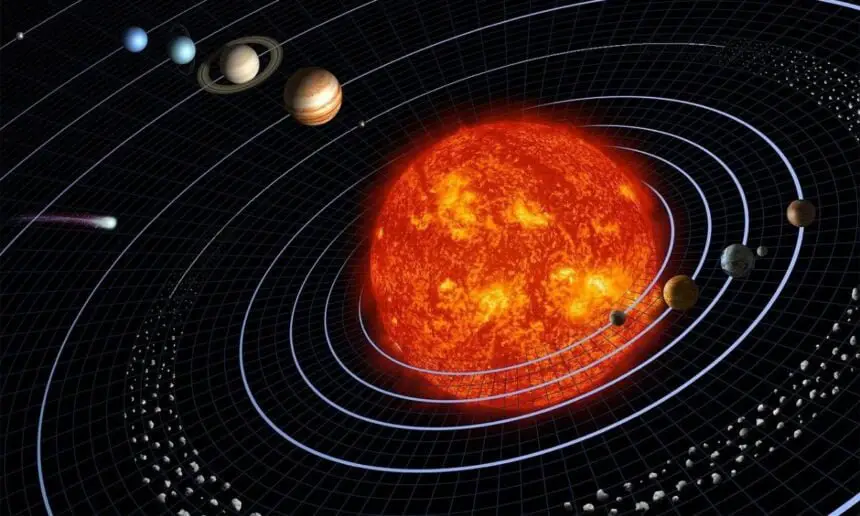Intro.
In the grand tapestry of the cosmos, our solar system has long been viewed as a standard model of planetary systems. However, as our knowledge expands through the discovery of exoplanets and distant solar systems, a startling realization emerges: our solar system may be more unique than we previously thought. This revelation leads to an intriguing question: “We’ve Never Found Anything Like Our Solar System. Is It a Freak in Space?”
The Unique Characteristics of Our Solar System
One of the most striking features of our solar system is the arrangement of its planets. The inner solar system houses the smaller, rocky planets – Mercury, Venus, Earth, and Mars. Beyond the asteroid belt lie the gas giants – Jupiter and Saturn, followed by the ice giants – Uranus and Neptune. This orderly arrangement is uncommon in the universe as we know it. In many exoplanetary systems, giant planets often orbit closer to their stars, in stark contrast to our own.

The Eccentric Orbit of Planets
Another aspect that sets our solar system apart is the relatively circular orbits of the planets. Most exoplanets discovered so far have more eccentric, oval-shaped orbits. This difference could be a significant factor in the development and sustainability of life, as it leads to more stable and predictable environmental conditions on the planets.
Comparing Our Solar System with Exoplanetary Systems
As of now, astronomers have discovered over 4,000 exoplanets, each with unique characteristics. Many of these exoplanets belong to types of planetary systems vastly different from our own. For instance, ‘hot Jupiters’ – gas giants orbiting very close to their stars – are a common type of exoplanet found, yet we have no equivalent in our solar system.
The Rarity of Solar System-like Arrangements
Despite extensive research, systems mirroring the specific layout of our solar system are exceedingly rare. Most discovered systems have a much more chaotic structure, with no clear separation between small, rocky planets and larger gas giants. This rarity raises the question of just how unusual our solar system is.
Theories About the Uniqueness of Our Solar System
Some theories suggest that the presence and position of Jupiter and Saturn played a pivotal role in shaping our solar system. Their massive gravitational influence could have helped in stabilizing the orbits of the other planets and protecting the inner solar system from frequent comet impacts. This gravitational force may have been crucial in allowing life to develop on Earth.

The Impact of Early Solar System Events
The early history of the solar system might also explain its current layout. Theories like the Grand Tack hypothesis propose that Jupiter may have migrated towards the sun before retreating to its current position, an event that would have had a significant impact on the formation of the inner planets.
Implications of Our Solar System’s Uniqueness
The uniqueness of our solar system has profound implications in the search for extraterrestrial life. If our solar system is a rare occurrence, it might mean that the chances of finding other life-sustaining systems are lower than previously thought. This rarity could make Earth one of the few, if not the only, havens for life in the universe.
Influencing Models of Planetary Formation
Our solar system’s distinct characteristics challenge existing models of planetary formation. They suggest that the processes leading to the formation of planetary systems can result in a wide variety of configurations, many of which we may not have yet imagined. This understanding pushes scientists to develop more comprehensive theories that can account for the diversity observed in the universe.
Conclusion: Embracing the Mystery
The ongoing exploration of our universe continually reshapes our understanding of our place in it. Our solar system, once thought to be a standard template, now appears to be an outlier, an exception rather than the rule. This realization does not diminish the wonder of our cosmic neighborhood; rather, it enhances it. It reminds us that the universe is full of surprises and mysteries, waiting to be uncovered.
As we continue to probe the depths of space, each discovery adds a piece to the puzzle of our universe’s vast and varied nature. The uniqueness of our solar system, far from being a mere curiosity, is a beacon that drives our quest for knowledge. It encourages us to look beyond our assumptions and to embrace the unknown.
In conclusion, while we may not have found anything quite like our solar system, its distinctiveness offers an opportunity for awe and exploration. It is not just a ‘freak in space’ but a testament to the incredible diversity and complexity of the universe. As we continue our journey through the cosmos, we carry with us the enduring spirit of discovery, propelled by the enigmatic charm of our extraordinary solar system.






